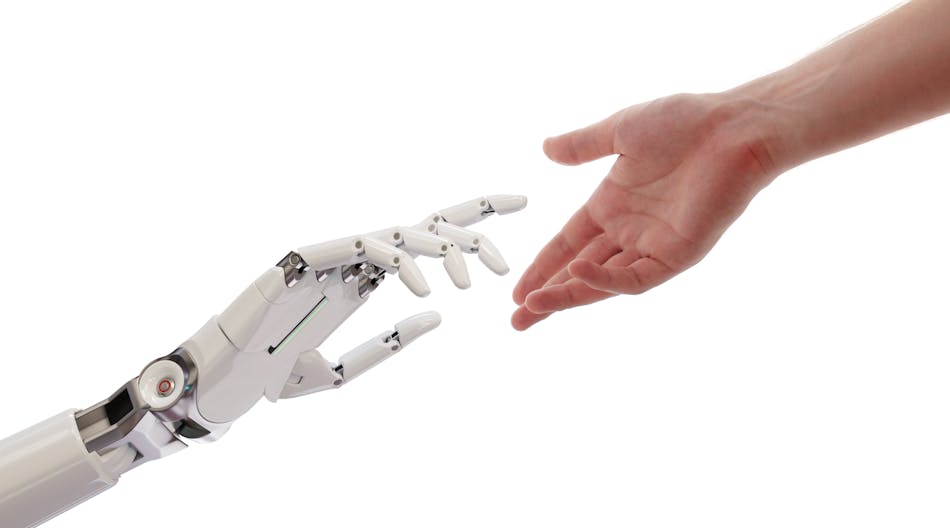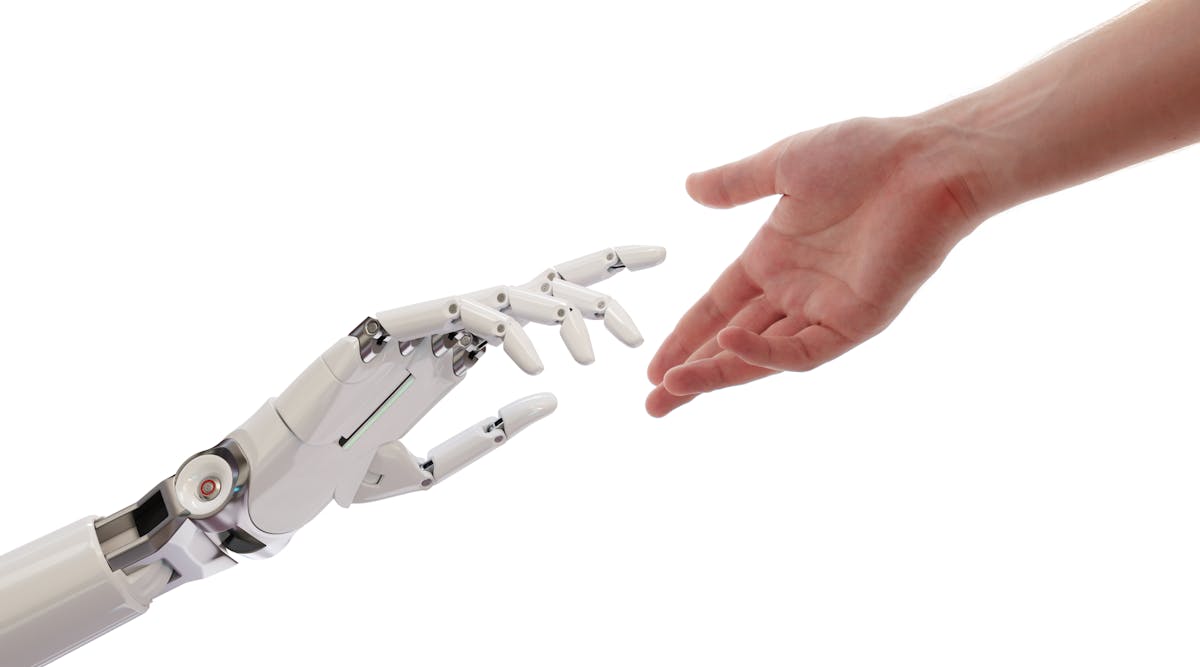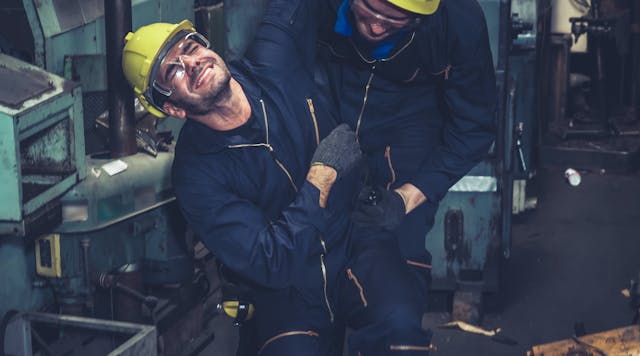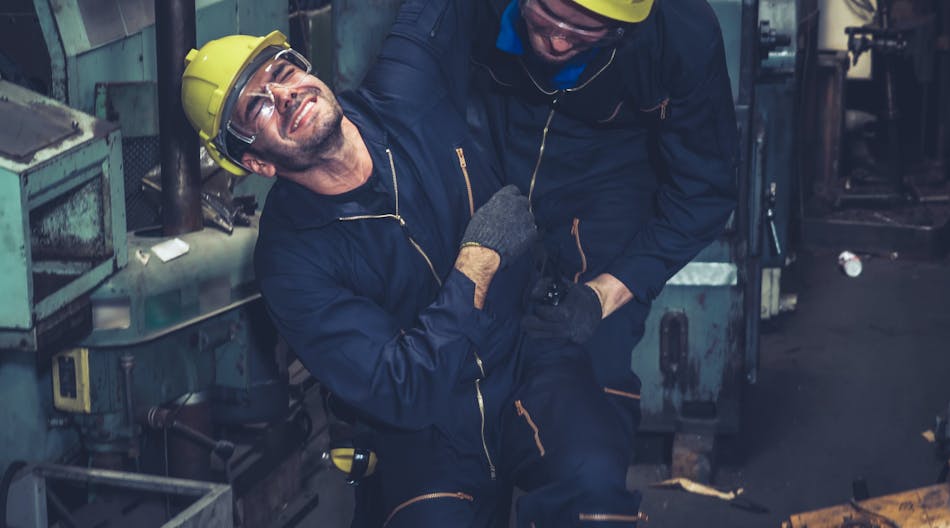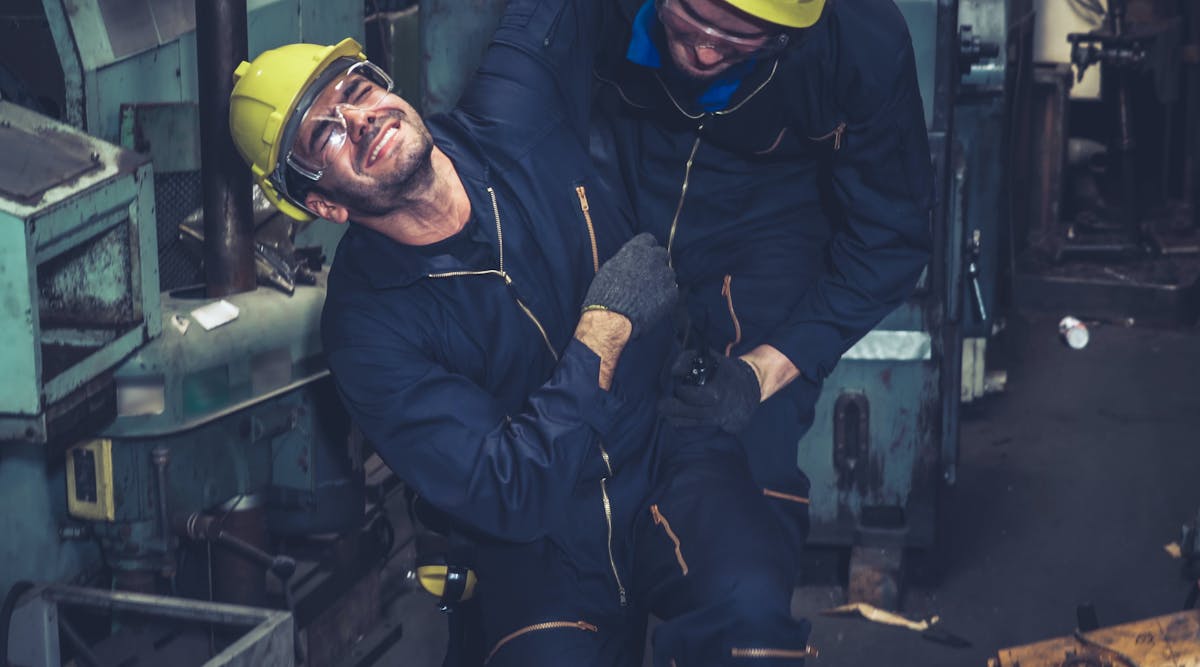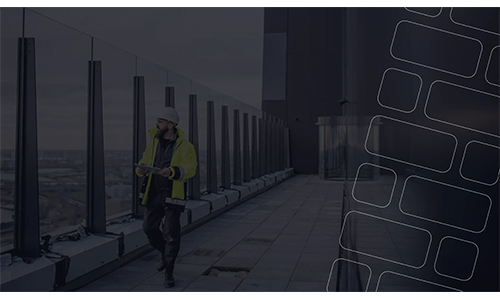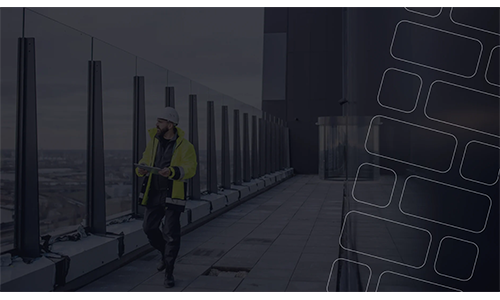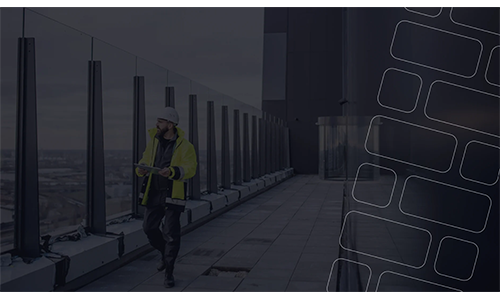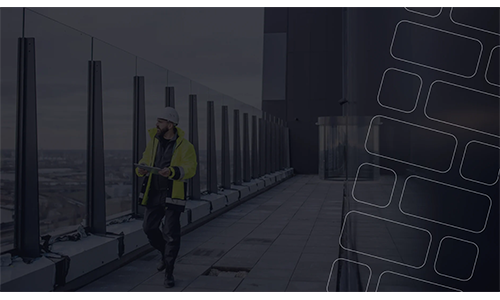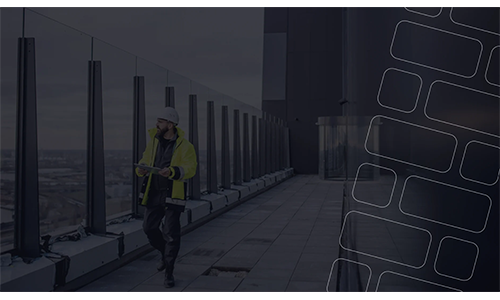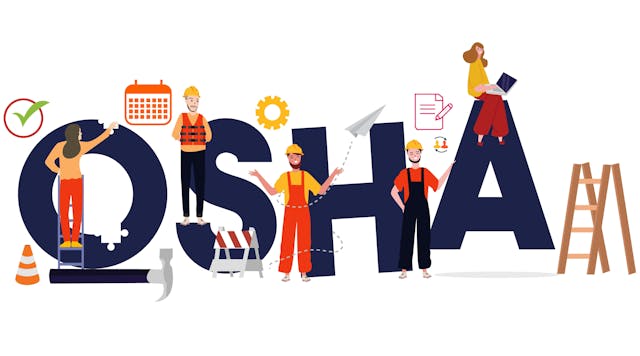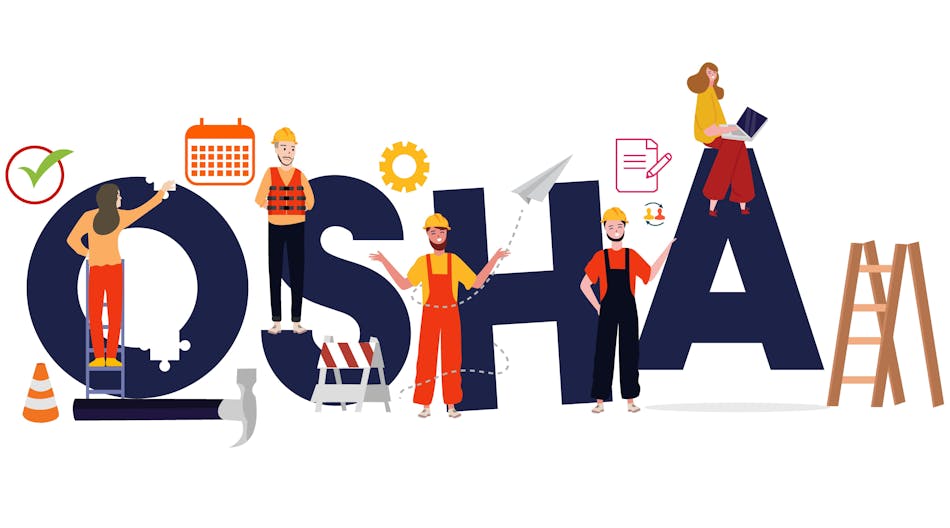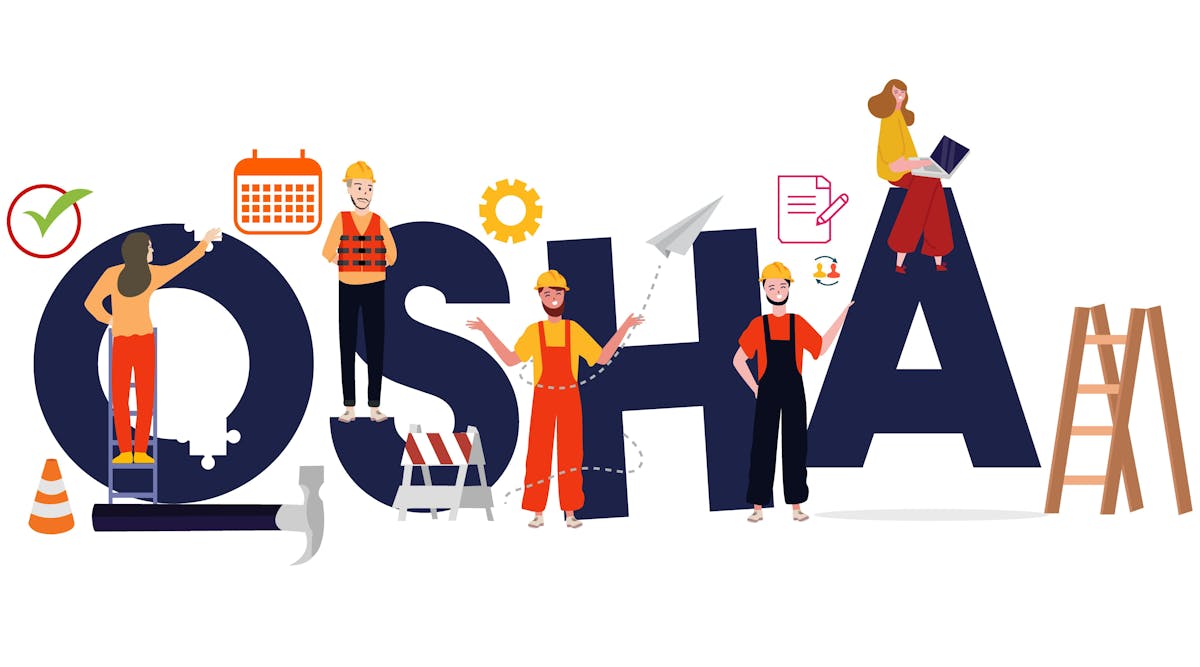Employee burnout among the U.S. workforce remains high (45%), but the good news is that it's at least trending downward.
In new research from Eagle Hill Consulting that surveyed 1,347 employees across the U.S. from August 3-8, burnout has dropped during the past year (49% in August 2022) and more substantially since the early months of the pandemic (58% in August 2020).
One thing that isn’t worrying employees so far is AI. When asked their opinion about the impact of generative artificial intelligence (AI) on their jobs, most workers (62%) indicate they do not expect that the nascent technology will impact their stress levels at the job.
One reason for that is a growing body of research indicates that when properly deployed, AI can help improve worker efficiency and productivity. Millennials (30%) and male employees (27%) are most likely to say that AI can help reduce job stress.
“And for the first time, we polled workers on the potential impact of AI on their stress levels,” said Melissa Jezior, CEO of Eagle Hill Consulting, in a statement.
“This will be an important issue to watch as more companies rollout Generative AI. Handled well, AI has the potential to help workers get more done in a shorter amount of time while creating more value for their organizations. But handled poorly, it could increase rather than decrease worker stress.”
The sturdy found that age has an effect on stress levels with younger workers (52%%) are reporting the highest leve of stress.
Women are also reporting high numbers at (48%).
Employees who report burnout signal they are less comfortable telling their manager or employer they feel burnt out as compared to six months ago, with 57% of employees saying they’re open to the conversation, down 5% from August 2022.
The reasons for all the stress varies:
- Workload (51%)
- Staff shortages (45%)
- Juggling personal and professional life (42%)
Among those who experience burnout due to staff shortages, 84% said the impact is covering the workload for unfilled positions. Thirty-nine percent said the impact is helping others learn their job, 36% said it’s training new hires, and 22% said it’s recruiting and interviewing new hires.
Solutions to help reduce burnout include:
- Increased flexibility (65%)
- Decreased workload (65%)
- Better health and wellness benefits (60%)
- Working from home (56%)
- Reduced administrative burdens (53%)
- More on-site amenities (50%)
- Ability to relocate or work from multiple locations (39%)
While Jezior says the overall good news that burnout is trending downward, “employers shouldn’t be complacent when it comes to taking action to reduce worker burnout. Burnout levels are still too high and could inch upward as more workers are required to return to in-person work. While employees value in-person work, they have expressed concerns about work-life balance and commute times when they are in the workplace.”



